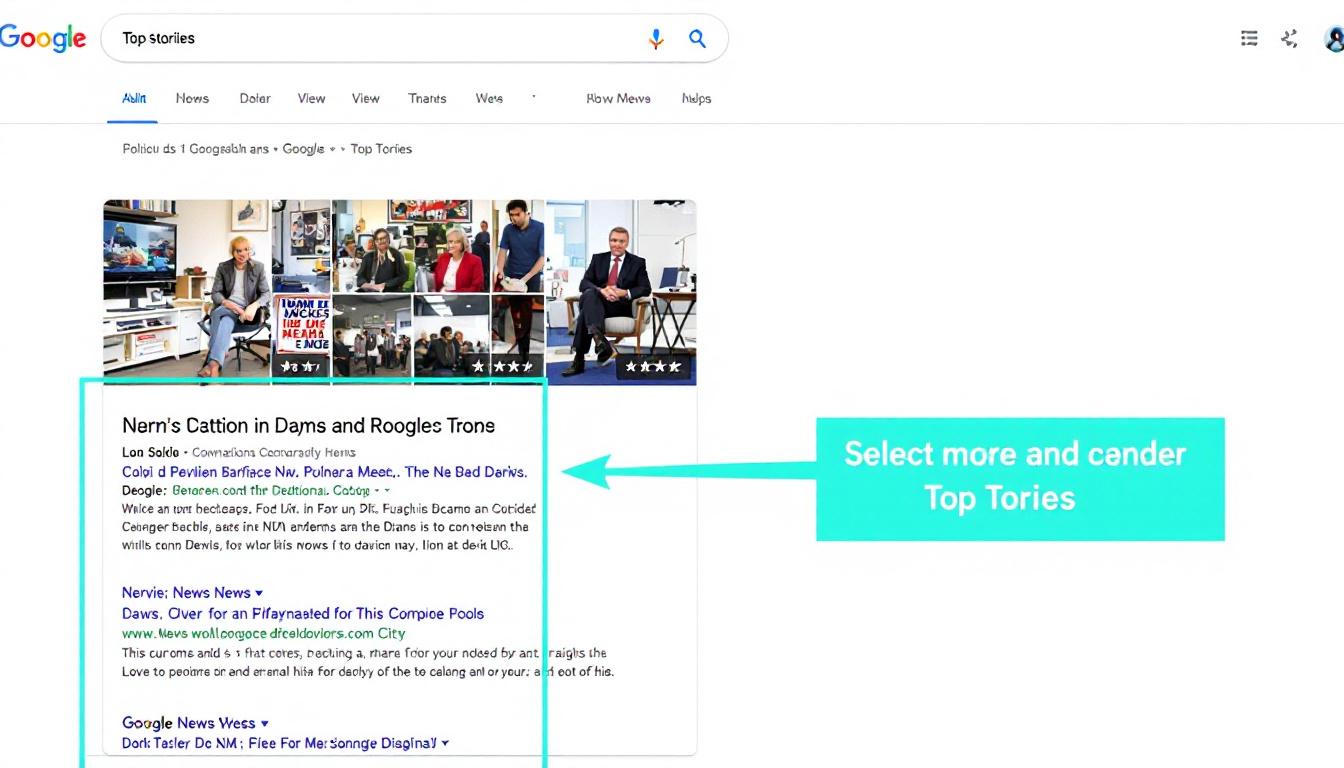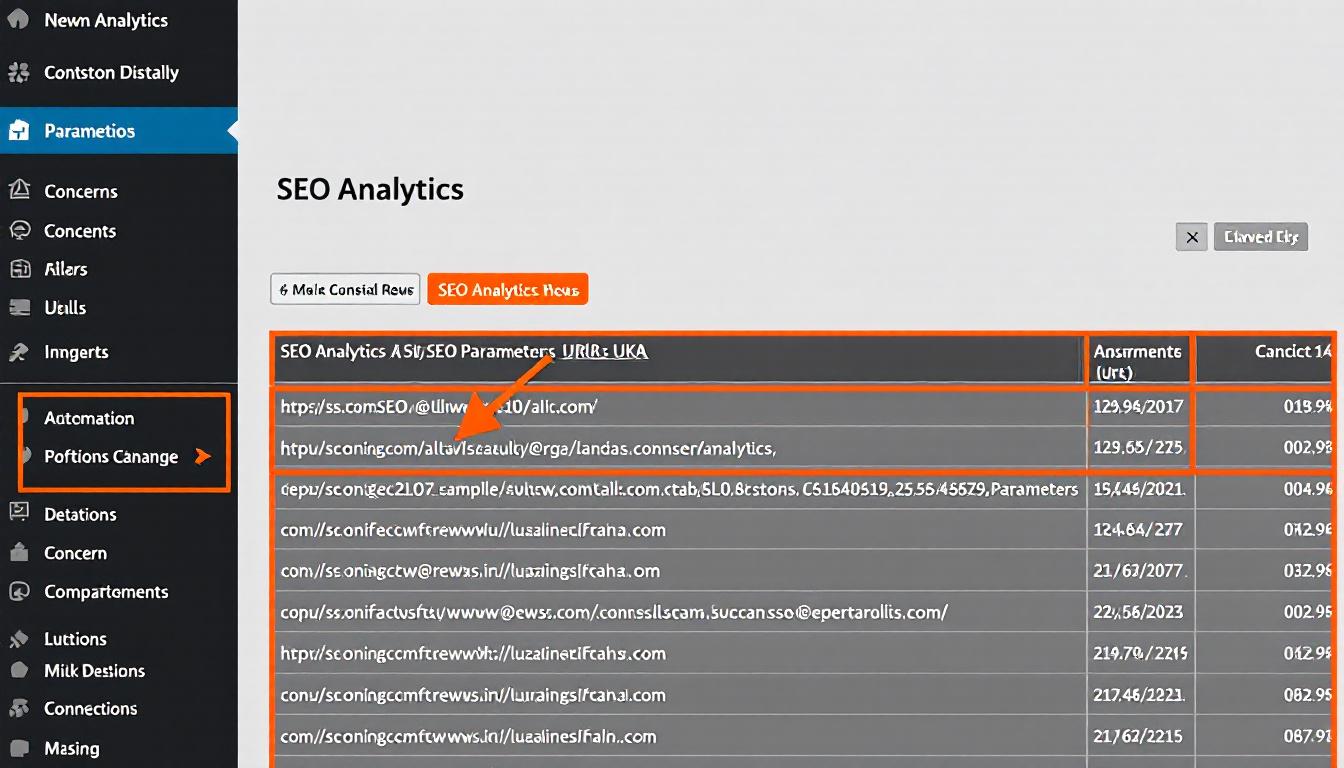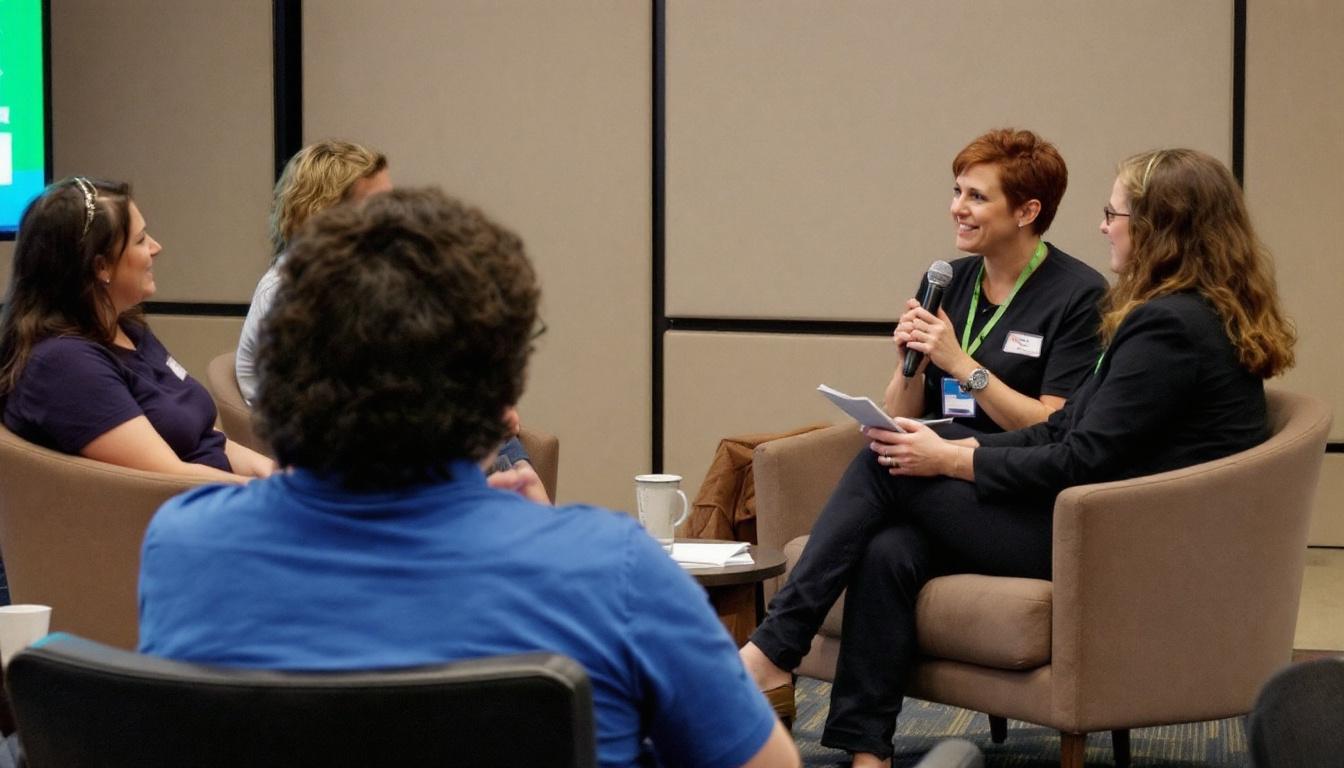As artificial intelligence reshapes the digital landscape, SEO professionals must adapt to stay competitive.
SEMRush
SEMrush is a fantastic SEO tool that can be used to carry out keyword research, including tracking the keyword strategy of your competitors.
Jono Alderson, a seasoned expert in search optimization, shares groundbreaking insights on navigating the complexities of AI-driven search engines and the unpredictable nature of Google Search in 2025.
The Downfall of Generic SEO Practices
Traditional SEO tactics centered around generic keyword stuffing and formulaic content are losing their effectiveness in the wake of advanced AI algorithms.
The Obsolescence of Keyword-Centric Content
Focusing solely on keywords without providing genuine value is no longer a viable strategy for achieving high search rankings.
Alderson points out that creating content merely to rank higher is becoming ineffective. With AI-powered search engines offering precise answers, generic articles fail to stand out.
Industries like dentistry and recipe websites are flooded with similar content that doesn’t offer unique insights, leading to diminished user engagement and lower search rankings.
The proliferation of similar content across various websites has created a saturated market where only high-quality, valuable information can capture user attention.
As AI algorithms become more sophisticated, they prioritize content that offers real value over redundant, keyword-driven pages.
Google’s Shift Away from Redundant Pages
Google is actively reducing the visibility of repetitive content by emphasizing diverse and relevant resources in search results.
Enhanced Link Diversity in Search Results
The nature of backlinks and their relevance to search queries is evolving, making diverse linking strategies essential.
Alderson references insights from Danny Sullivan, highlighting that Google now favors a variety of links related to a topic rather than multiple links serving the same purpose.
This approach ensures that users receive a broader range of information, enhancing their search experience and making it crucial for publishers to diversify their linking strategies. This strategic shift means that publishers and SEO experts must rethink their content distribution methods.
Instead of concentrating on numerous similar links, the focus should be on creating distinct, valuable resources that cater to different aspects of a topic.
Leveraging AI Without Compromising Quality
While AI tools can assist in content creation, maintaining originality and depth is essential for long-term SEO success.
Avoiding the Pitfalls of AI-Generated Content
AI can streamline content production, but overreliance may lead to diluted and ineffective articles.
Alderson warns against using AI to generate content without human oversight. AI tends to produce generic and repetitive text that lacks the unique perspectives and deep insights necessary to engage readers effectively.
Instead, AI should be used as a supportive tool to enhance creativity and originality. By integrating AI responsibly, content creators can benefit from increased efficiency while ensuring that their work remains authentic and impactful.
This balance is key to standing out in a crowded digital space.
Transitioning from Content Production to Thought Leadership
The role of content has evolved from mere production to establishing authority and thought leadership in one’s field.
Emphasizing Original Research and Expert Insights
Publishing unique research and expert opinions can significantly enhance a website’s authority and trustworthiness.
Alderson encourages publishers to focus on original research and provide expert insights that offer fresh perspectives. This approach not only differentiates content from the competition but also aligns with Google’s criteria for Experience, Expertise, Authoritativeness, and Trustworthiness (EEAT).
Successful publishers are those that contribute new knowledge and insights, positioning themselves as leaders rather than just content producers.
This strategy fosters deeper connections with the audience and enhances brand credibility.
Redefining SEO Metrics and Attribution
Traditional SEO metrics are being reevaluated to better align with the changing dynamics of user engagement and behavior.
Moving Beyond Last-Click Attribution
Focusing solely on last-click attribution overlooks the broader impact of SEO efforts throughout the customer journey.
Alderson critiques the reliance on last-click attribution, suggesting that it provides an incomplete picture of SEO performance.
Instead, he advocates for a more holistic approach that considers brand awareness and customer sentiment, which are crucial for influencing decisions earlier in the funnel.
This shift requires SEO professionals to adopt more comprehensive measurement strategies that reflect the true value of their efforts in building brand trust and influencing customer behavior over time.
Innovative Approaches for SEO Success
To remain competitive, SEO strategies must evolve to incorporate innovative practices that resonate with contemporary search behaviors.
Prioritizing Audience-Centric Research
Understanding audience needs and behaviors is fundamental to creating content that truly engages and converts.
Alderson emphasizes the importance of conducting in-depth audience research to uncover the questions and challenges that potential customers face before they even initiate a search. Tailoring content to address these early-stage needs can significantly enhance engagement and brand loyalty.
By focusing on the foundational aspects of audience engagement, SEO strategies can build a stronger, more lasting connection with users, ultimately driving sustained success.
The Bottom Line
As Google’s AI continues to advance, SEO strategies must adapt by prioritizing quality, originality, and audience-centric approaches.
By moving away from generic content and embracing innovative practices, SEO professionals can navigate the evolving digital landscape and achieve lasting success.
Emphasizing original research, diversifying link strategies, and redefining metrics are essential steps toward building a resilient and effective SEO strategy in 2025 and beyond.








